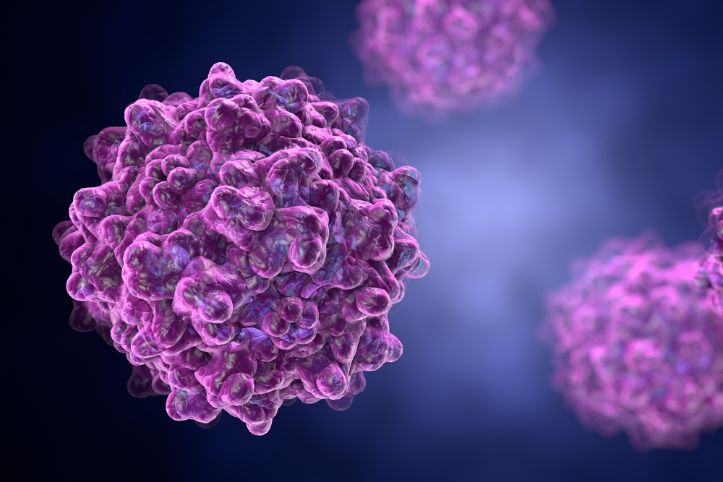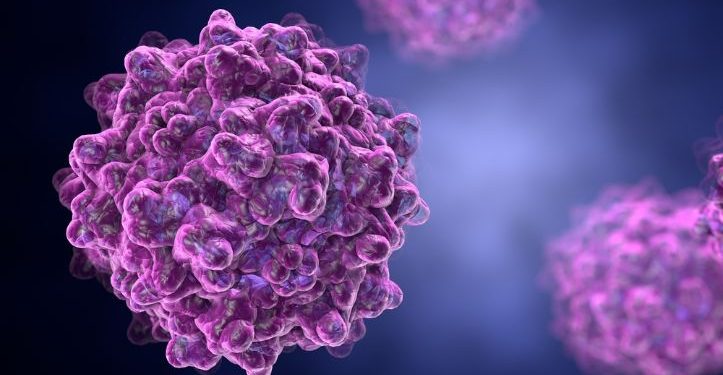Lymphoma is cancer that forms in cells in the lymphatic system, which is a network of organs, tissues and vessels throughout the body that helps fight disease and infection. When these cells grow out of control, they form tumors and crowd out healthy lymphocytes. There are more than 70 types of lymphoma. Some are slow-growing, while others are fast-growing and more aggressive.
Hodgkin lymphoma and non-Hodgkin lymphoma are the most common forms of the condition. The different subtypes are further classified as low, intermediate and high based on their growth rate and how the cancer affects lymph nodes and chromosomes.
The risk of developing lymphoma depends on a person’s age, the type of lymphoma and other factors. People who have a weakened immune system, including those with HIV or who take certain immune-suppressing drugs, are at an increased risk for lymphoma. There is also a predisposition to develop lymphoma in men and people of certain ethnicities, such as African Americans or Asians.
If you have symptoms of a possible lymphoma, such as itchy skin or unexplained weight loss, your healthcare provider may do a physical examination and order blood and imaging tests to evaluate for the condition. These tests include a complete blood count (CBC) with differential to look at different types of white blood cells, an erythrocyte sedimentation rate (ESR) and a lactate dehydrogenase (LDH) test to measure cellular turnover. Imaging tests are often used to check for lymphoma in the spleen, thymus and abdomen.

Symptoms of lymphoma vary depending on the type of the condition and how far the cancer has spread. Some types of lymphoma, such as follicular lymphoma, are indolent, meaning they grow slowly and do not cause symptoms for many years. However, over time, these types of lymphomas can change into another, faster-growing type of lymphoma, which is called transformation.
Some types of lymphoma, such cutaneous T-cell lymphoma and peripheral T-cell lymphoma, tend to be more aggressive than other types. These types of lymphoma may cause itchiness, fever, fatigue, night sweats and swollen glands. They are more common in older adults and tend to affect men more than women.
Regardless of the type of lymphoma, the outlook for a person who has been diagnosed with it is generally good. This is known as the prognosis. However, the specific outcome of treatment will depend on the type of lymphoma, the stage of the cancer and other factors, such as a person’s general fitness.









